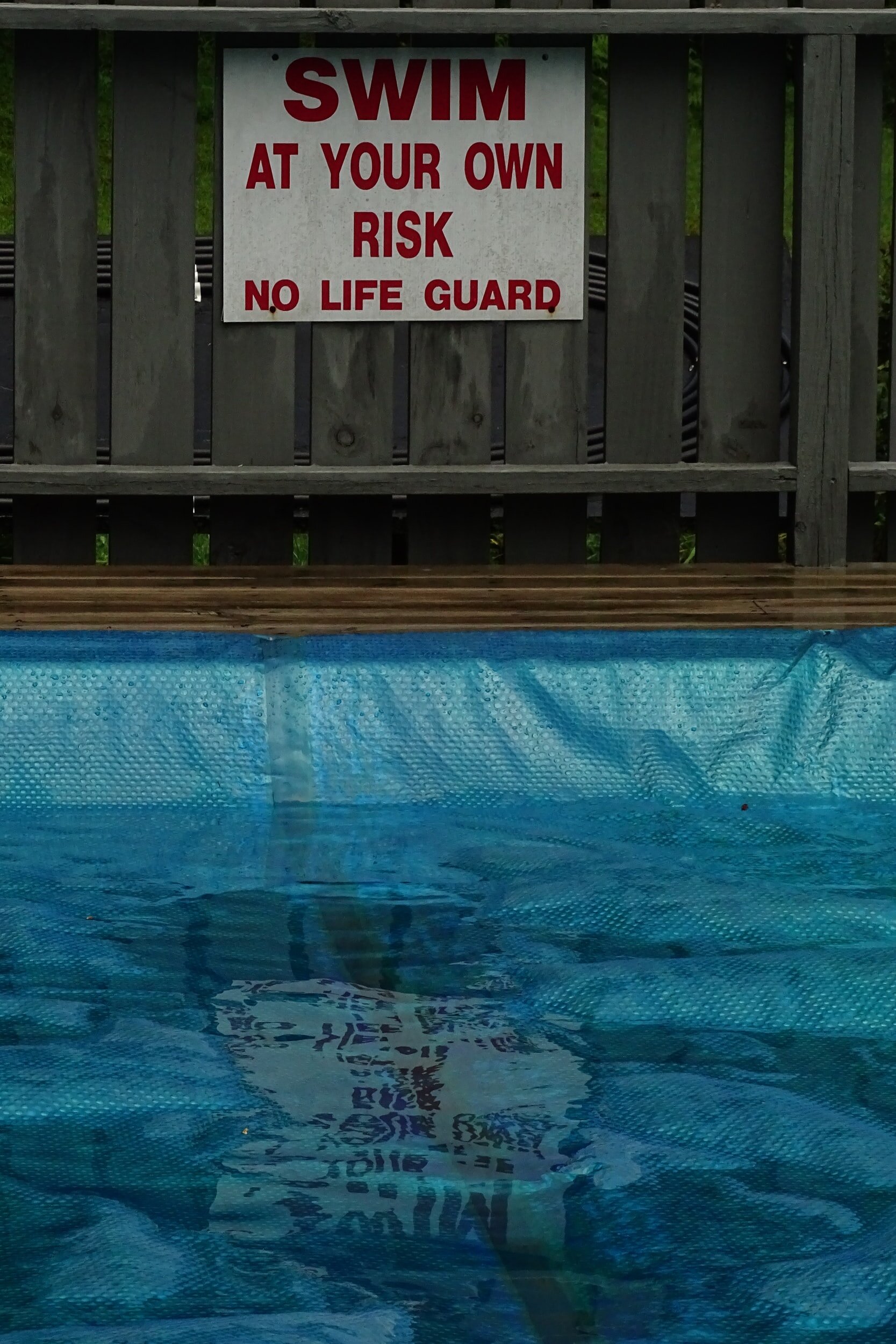HOA Pool Safety: Lifeguard vs Policy
The state of Florida has the second-highest number of pools in the county. This fact makes pool safety in Florida a significant priority. The risk of drowning incidents in Florida has reached crisis levels. According to the most recent statistics, 440 Floridians drown each year. In addition to these tragic deaths, there were another 343 Floridians injured in non-fatal drownings. Sadly, drowning is the number one reason for fatalities to children in Florida and is the highest in the nation.
Pool Safety is Critical
The safety benefits of having a lifeguard are apparent, but there are financial and liability considerations as well. Eliminating lifeguards will undoubtedly increase your insurance premium and may expose your community to greater risk. For example, suppose you currently have a vendor providing lifeguard services. In that case, you will lose the benefit of insurance coverage and other protections afforded by this vendor. File lawsuits relating to an incident near a pool, your vendor and its insurance provider would likely be required to defend and indemnify your community. Whereas, if you eliminate the vendor's lifeguard, the association or its insurance carrier must absorb these costs.
Suppose you are a qualified common-interest community and decide to eliminate the lifeguard at your pool. The code requires that you post a sign at least 3 feet by 4 feet at every entrance to each swimming area. This sign must state: "No lifeguard on duty;" "An adult must accompany persons under the age of 16;" and "No swimming alone." This sign must be easily readable with contrasting colors and include the pool's hours of operation.
At mobile home parks or retirement communities, the sign must also state: "This pool is closed when the owner or operator is not on the premises." There are also additional signage requirements for a "health club."
"Swim-At-Your-Own-Risk" Policy
Lifeguards can be expensive and hard to find. Recruiting and retaining them can also take a lot of time and effort. Many homeowners associations are exploring ways to eliminate lifeguards without the liability.
An association with a private pool is permitted to adopt a "swim-at-your-own-risk" policy. However, enacting specific procedures and safeguards should follow first.
According to HOAResources.com, the association should create, publish, and circulate a policy called "Rules and Regulations for Unattended Pool Use" or something similar. The document should include language similar to the below, in bold letters on the first page:
If your pool is an unattended "swim-at-your-own- risk" pool facility—there is no lifeguard on duty. Use of the facility is at the sole risk of the individual using the facility. Parents/guardians are responsible for their minor children's safety and care and assume all risk(s) in this regard.
In a severe injury or life-threatening emergency, call 911 and then call the management company at 813-209-9300.
All owners/tenants/residents are required to complete a release of liability form on an annual basis and return the form to the management company.
Additional Policies
The policy should also discuss unattended pool use. The area will have an auto-locking gate and require a key or key fob for access, issues related to guests and children, food and beverage consumption, and rules for conduct.
In addition to the policy, the association should:
Create a liability release form to be signed by all owners/residents on an annual basis
Confer with its general liability insurance carrier to ensure that coverage will be present should a liability incident occur after a shift to a "swim-at-your-own-risk" policy
Post several "unattended-pool-area" or "swim-at-your-own-risk" signs
Verify if the local municipality has any requirements
Lock the pool area for safety purposes—typically a self-locking gate system with key fob access
Lifeguard Policies
Lifeguards should not be on their cellphones, checking pool passes, or performing any services concerning testing or cleaning of the pool while on duty. The amendments suggest that local municipalities enforce these requirements more strictly. A qualified common-interest community may exempt itself from these requirements. However, it must be a complete exemption or none. Meaning, if you decide to have a lifeguard, you must comply with the code's requirements.



